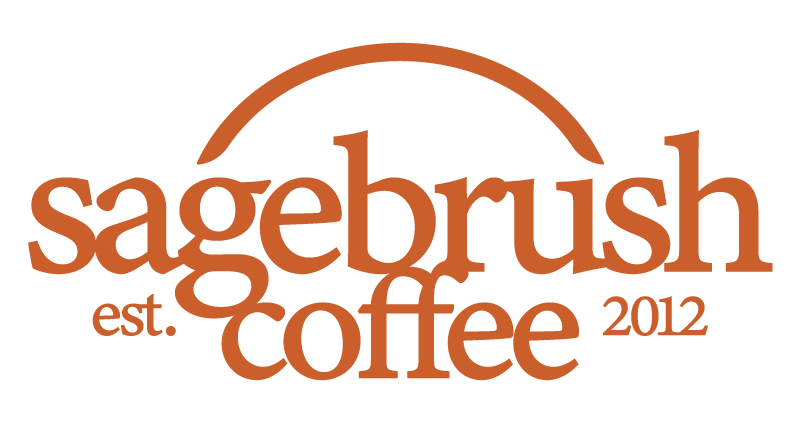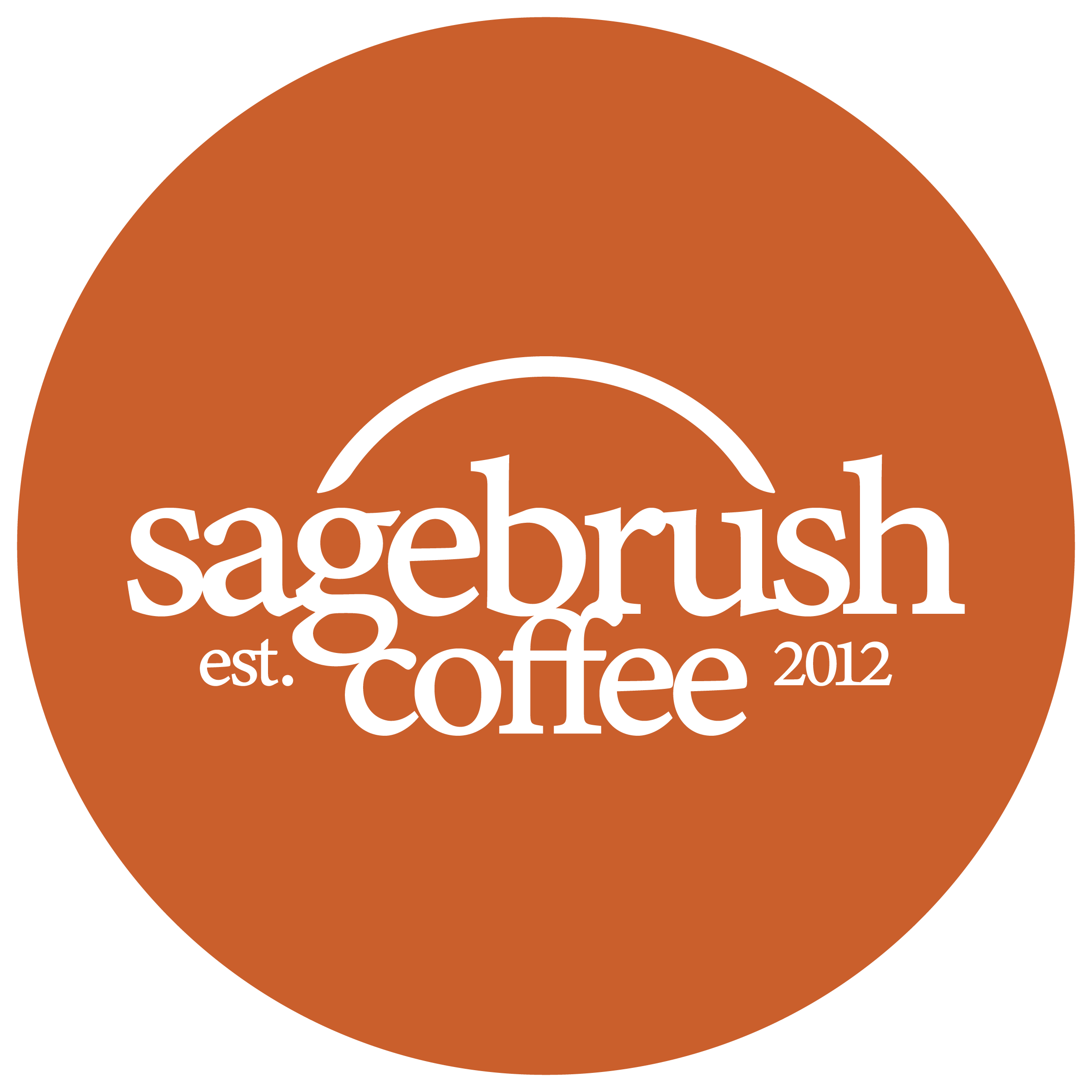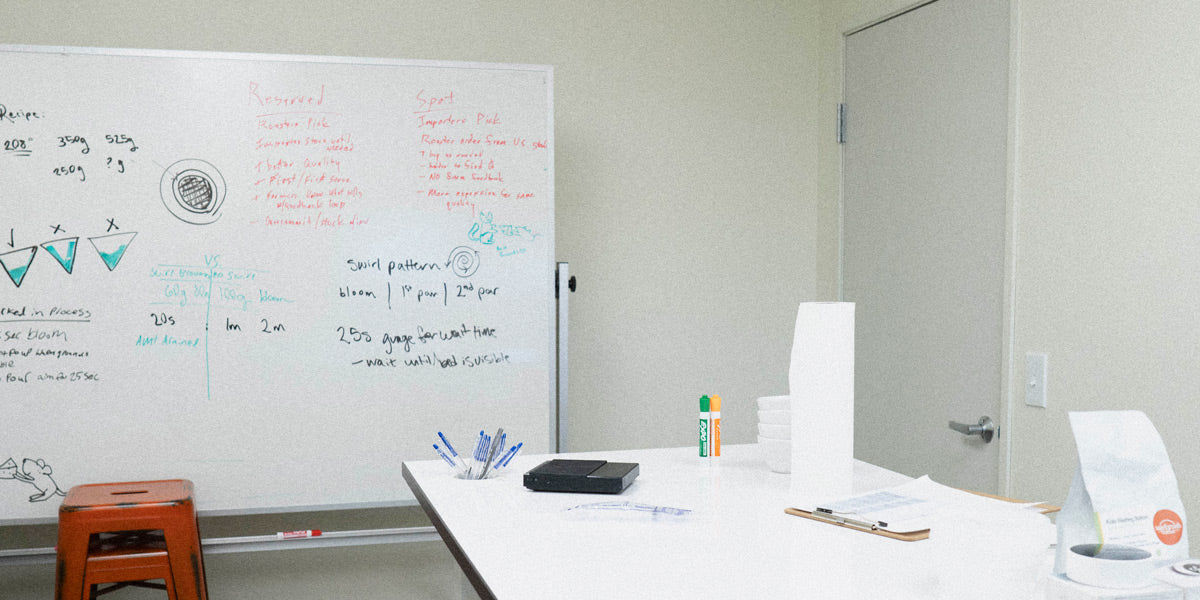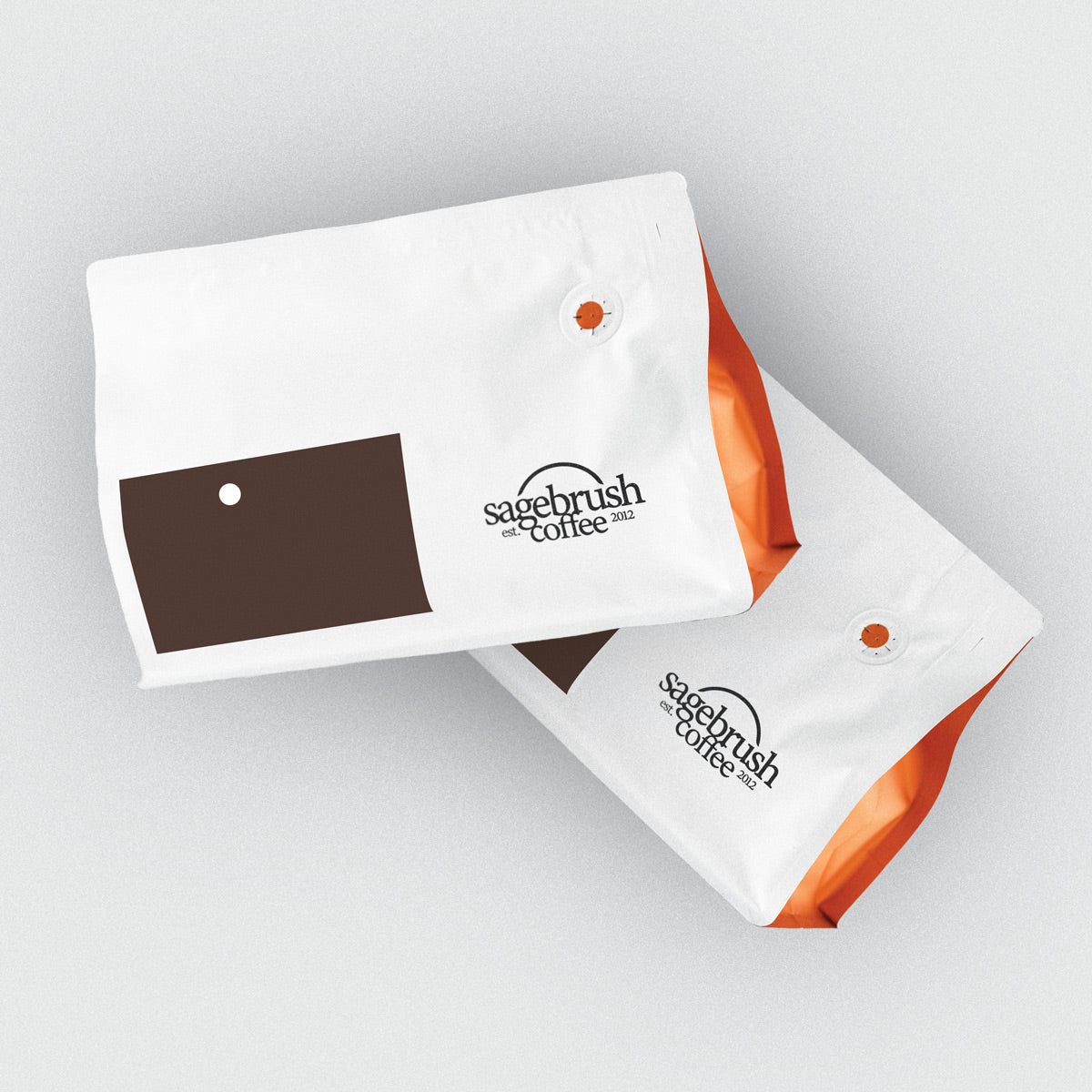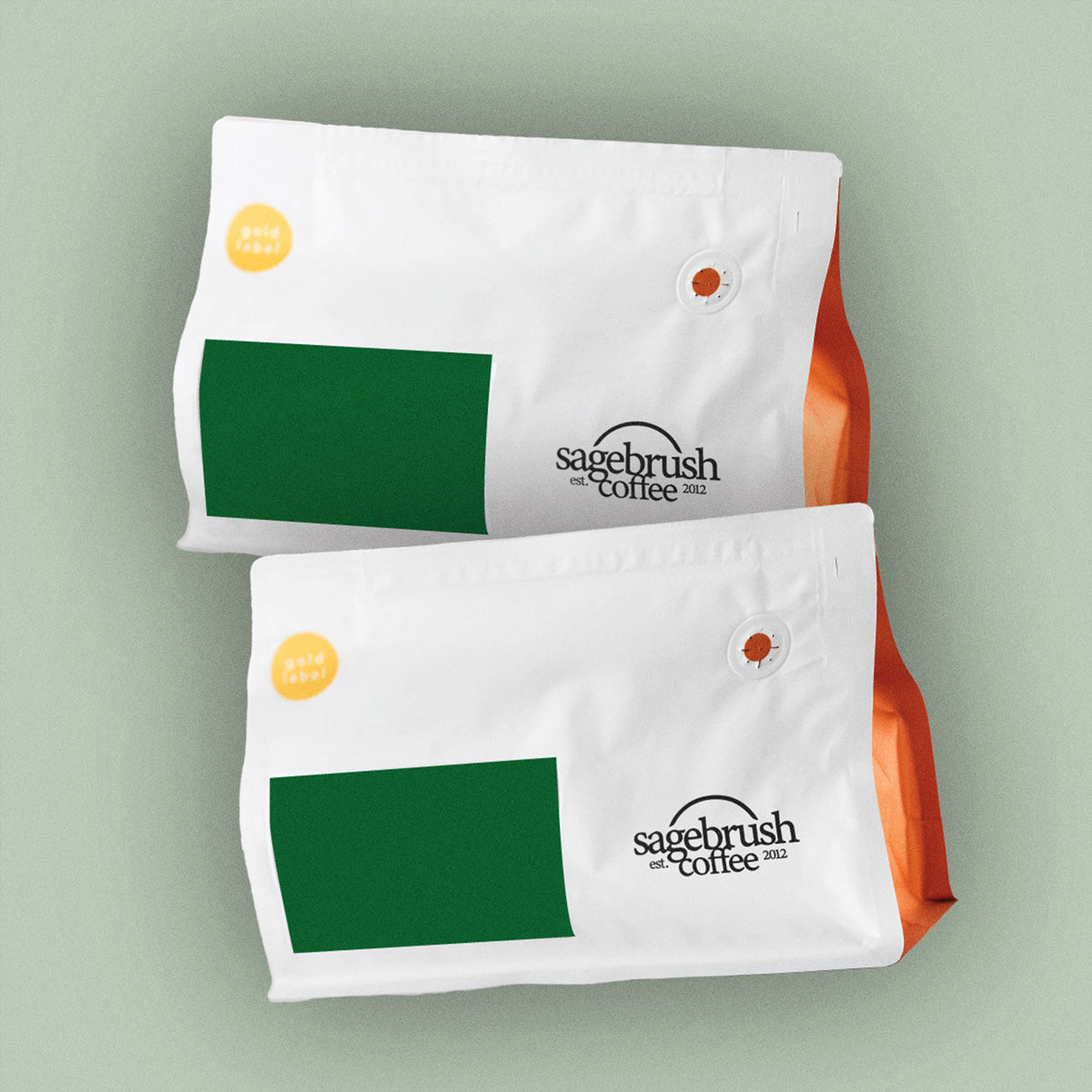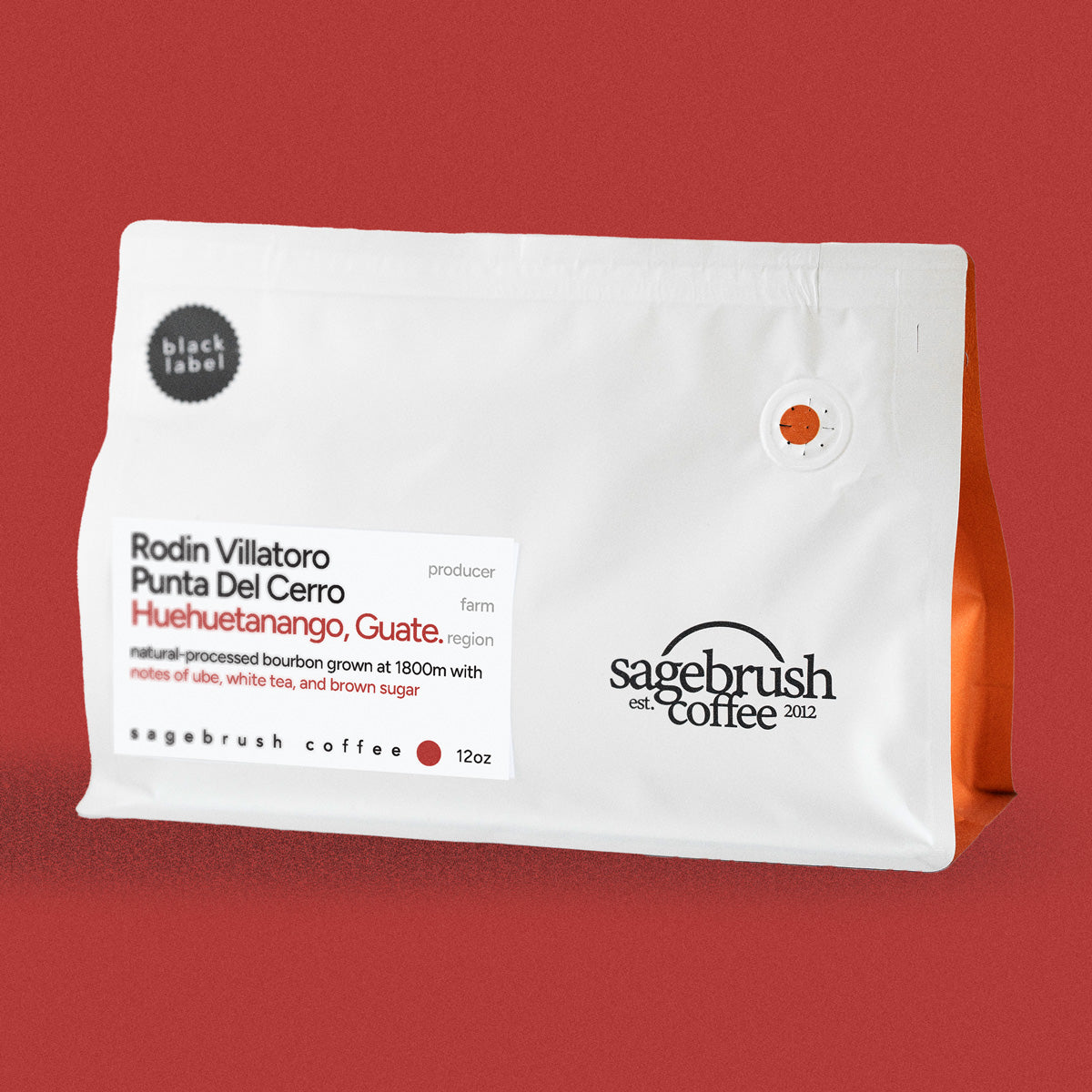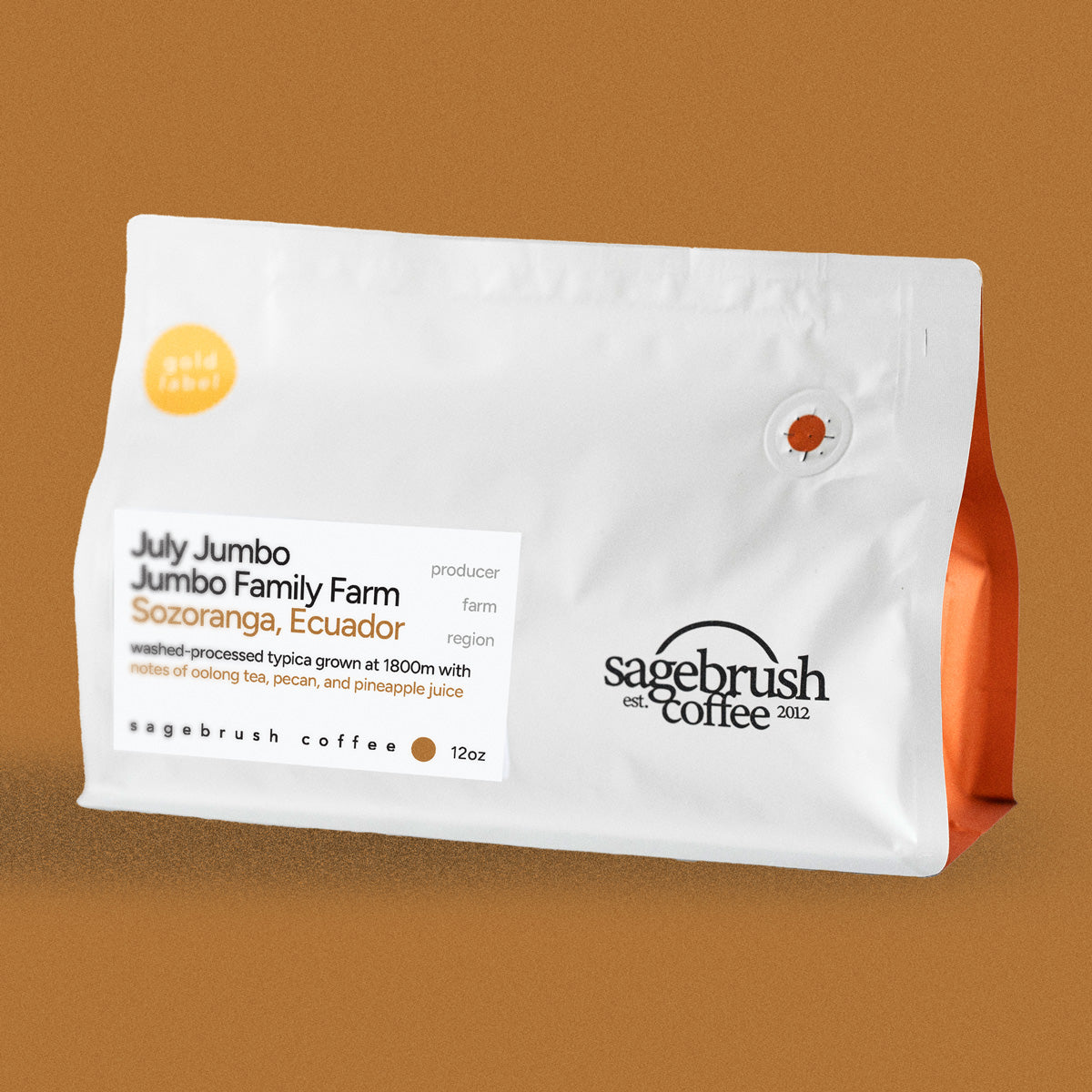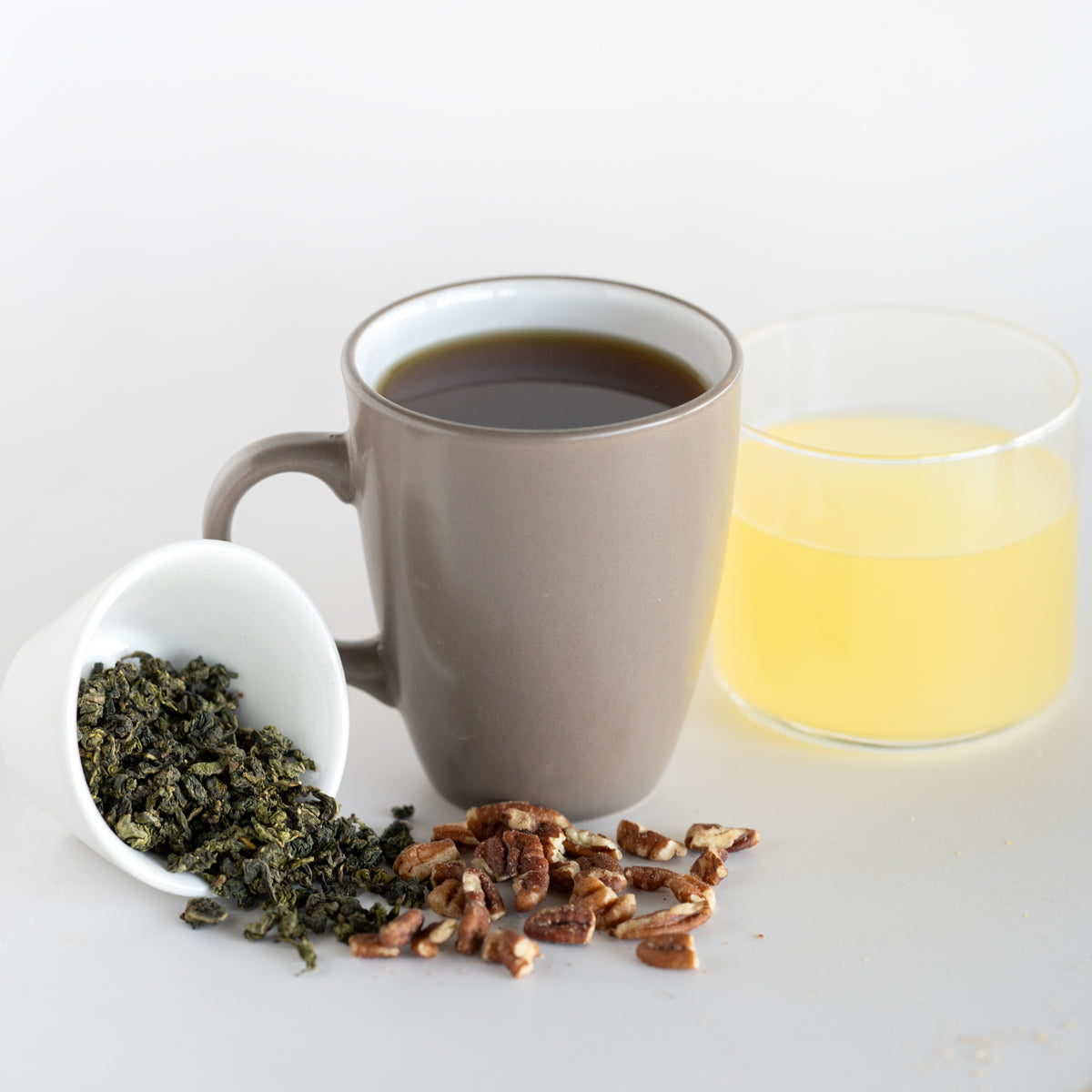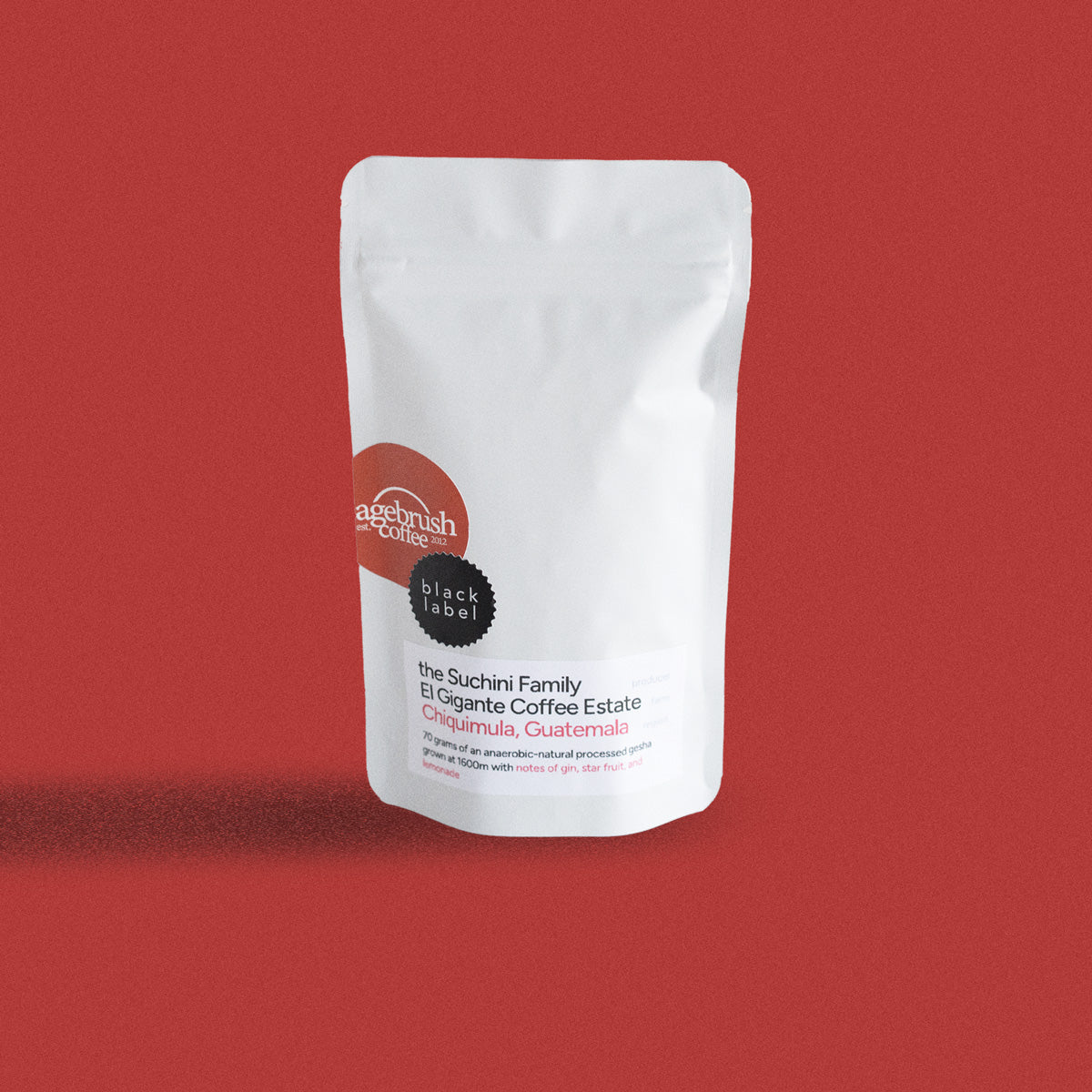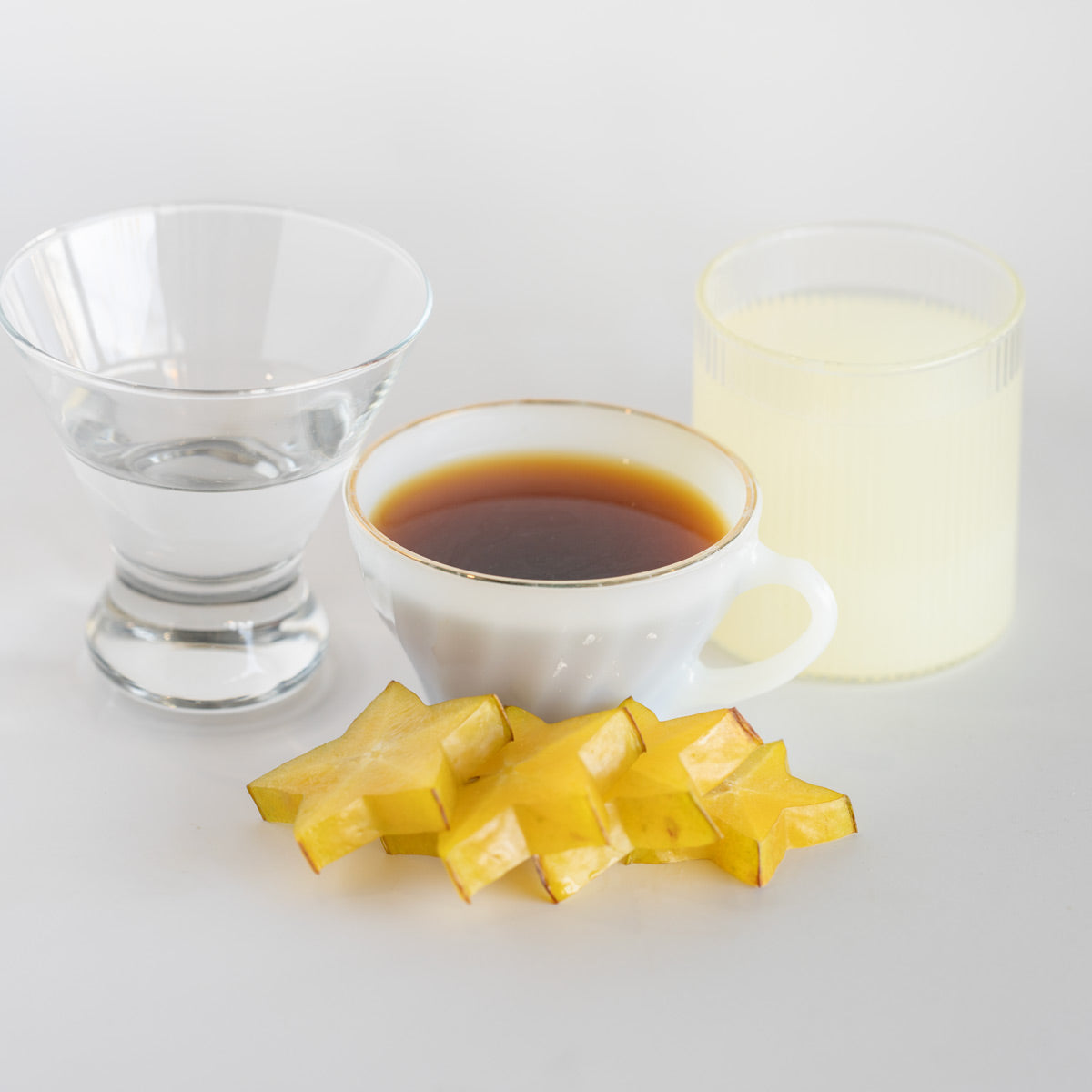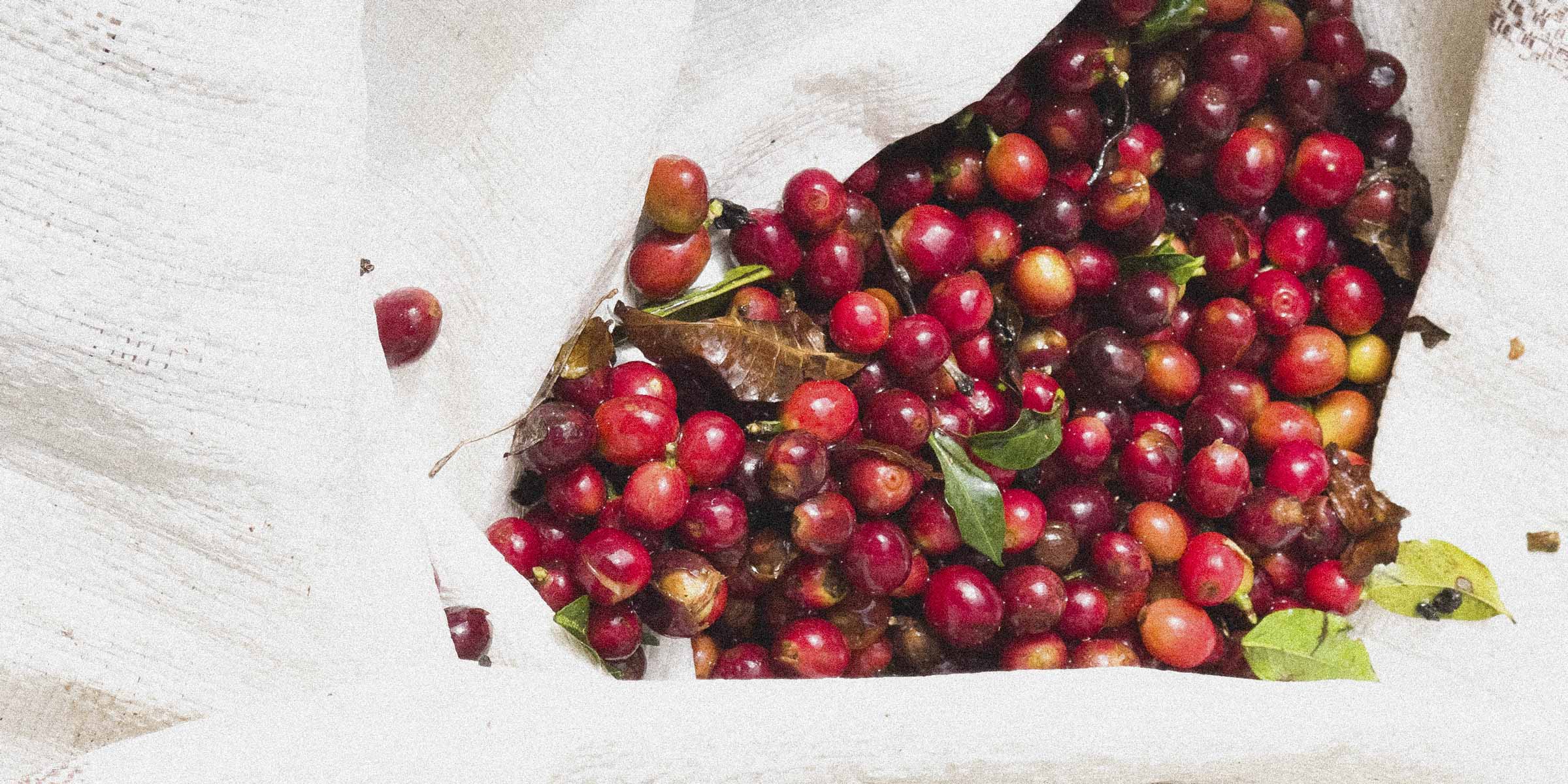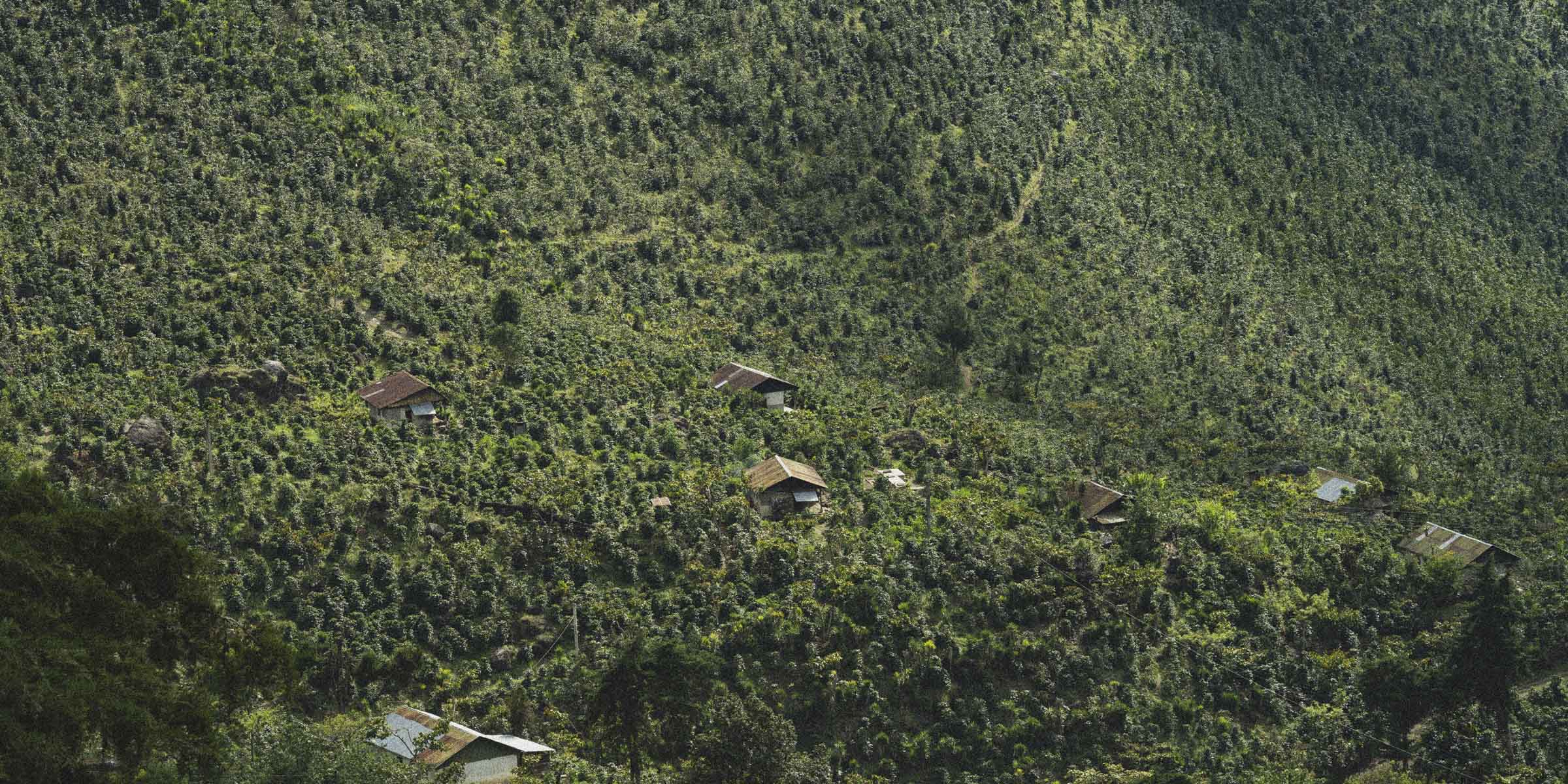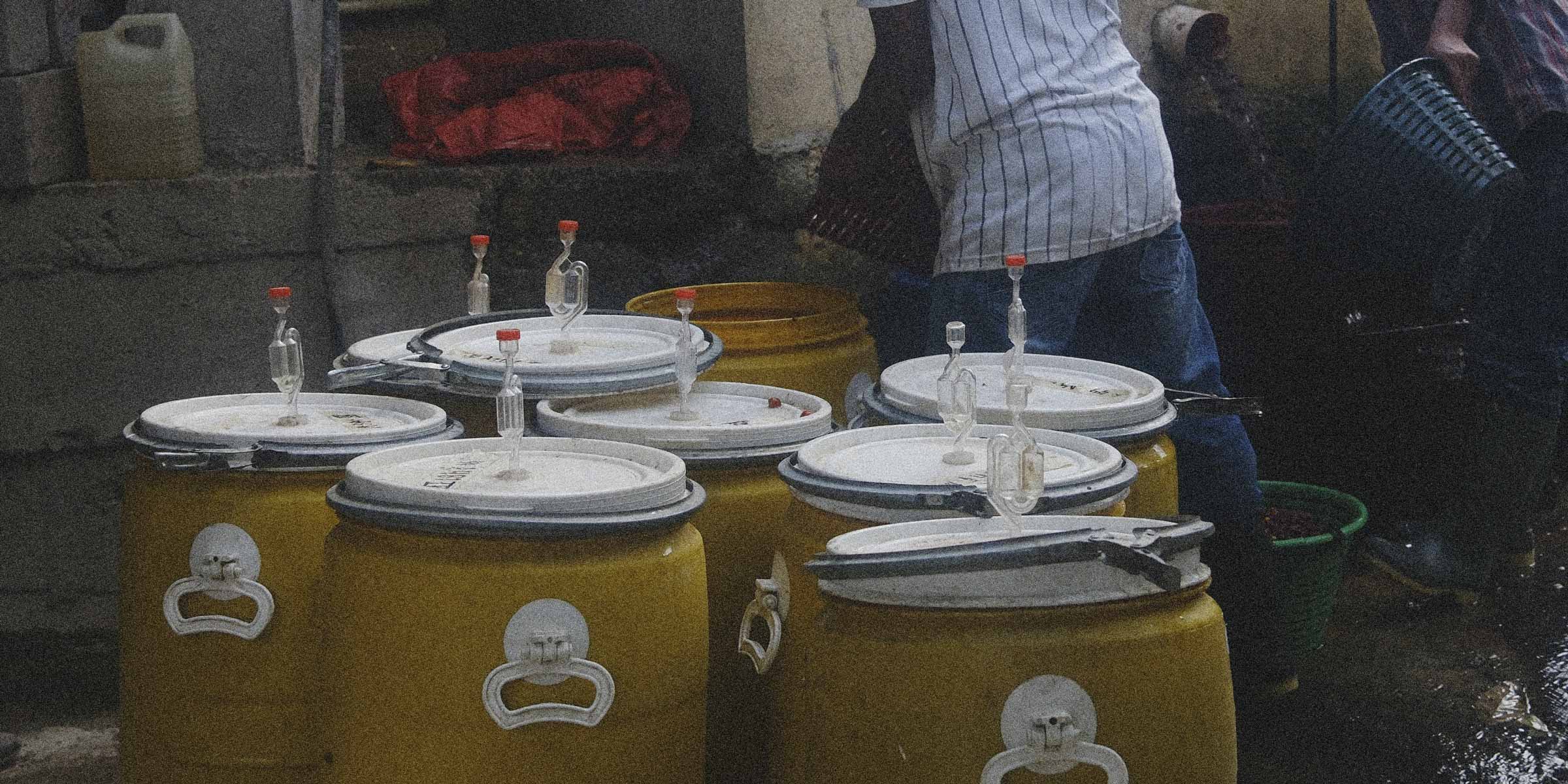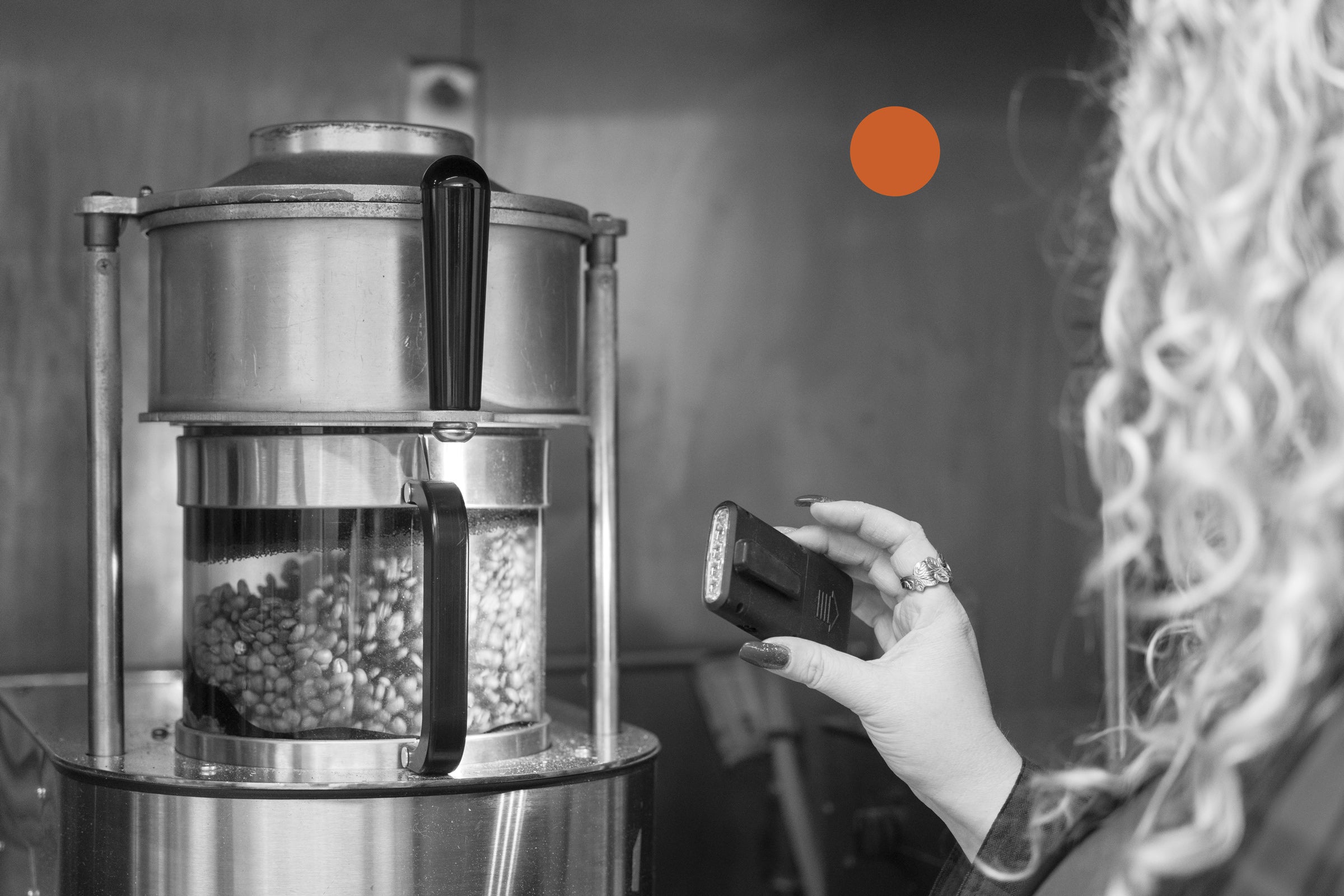Coffee is the second most consumed beverage in the world, only falling behind water. It is also the most widely-traded agricultural commodity in the world. Like any big industry, the popularity of coffee has created a handful of unsustainable practices. Some companies in the industry have allowed themselves to instigate these unsustainable practices, while others are trying to make up for the damage that has been done. At Sagebrush, we try our hardest to be part of that second group.
Sustainability is not a new topic in the coffee industry. Trade agreements that focus on eco-friendly practices date back to the 1960s. As sustainability has become a more pressing issue, companies in the industry have continued to focus on the matter at hand. Conservation International has recently created a Sustainable Coffee Challenge campaign that allows coffee drinkers like you to learn about resilient sustainability and even take a pledge to be a conscious consumer.
One of the most important aspects of the coffee industry is traceability. When a coffee is traceable, you can see where the beans were grown, processed, shipped from, and roasted. Since we meticulously source each of our coffees from the farms themselves, we are able to ensure that each Sagebrush coffee is completely traceable to its origin. This idea of traceability also allows us to build relationships with the farmers and producers that play a pivotal role in the production of our coffee. As we get to know each farm and each individual person in the supply chain, we are able to see what they are doing to make our product eco-friendly. It also allows us to make sure that the workers in each step of the supply chain are being treated fairly and receiving fair wages. You can find information about each of our coffee’s origins on the product listings on our website or the printed labels on each bag.
An example of some of the visionary practices that the farms we partner with perform comes from a trip that our owner, Matt, recently took with his daughter, Eden, to Costa Rica. While visiting one of the farms, Matt noticed that the farmer, Jonathan Camacho, was using the skin of coffee cherries as a natural fertilizer for his crops. Similar practices can be done with used coffee grounds, as they provide enrichment for plants of all kinds. Another example of innovation like this comes from one of the Guatemalan farms that we source from, Finca La Esperanza. This farm has bee hives strategically placed throughout their coffee fields to increase the pollination of their crops, naturally increasing their yield each season. These hives also allow them to collect honey which they bottle up and sell in recyclable glass jars. We love this practice so much that we dedicated an entire article to it and even sell the honey in our shop. One last example of exceptional farming practices comes from our favorite Panamanian coffee farm, Altiere. The Altiere farm is committed not only to producing phenomenal premium coffee but also to developing a sense of community amongst workers. They do this by helping their workers and their families gain access to education. This goes to show how traceability not only helps the planet but also the people who live on it.
Some organizations have been born out of the pursuit of coffee traceability and sustainability. One of these organizations is the Rainforest Alliance, or the RFA, which focuses on rainforest preservation, climate impact, human rights, and livelihood in the agriculture industry. We have sourced RFA-certified coffees in the past from Ecuador, Tanzania, and Rwanda. The only issue with non-profit organizations like this is that a lot of time it costs individual farms more to pay for the certification than what they would make from it. That being said, a lot of the coffees we sell meet the requirements of RFA certification but don’t have the label because they haven’t paid for it. Farms that are able to justify paying for the certification, though, help support the Rainforest Alliance and its endeavors. Similar organizations and certifications include The Nature Conservancy, The World Wildlife Fund (WWF), Greenpeace, USDA Organic, Fair Trade, and Direct Trade. The work these organizations are doing is important, but it is also important to remember that small farms cannot always afford to be a part of them, even if their practices are equally as sustainable.
In addition to concentrating on traceability in all of our coffees, we have integrated sustainability into our packaging methods. This is another topic that we have explored in a previous article. Most of our coffee is sold in kraft paper bags and other products, such as tea from our sister company, are packaged in rice paper bags. Both of these materials keep coffee and tea fresh and are naturally biodegradable. The green coffee that we import from farms is shipped to us in burlap bags which we hand out for free to customers wishing to repurpose them for projects or gifts.
Join us in celebrating Earth Day every day by double-checking the sustainability efforts behind the goods you consume and educating yourself on the things that threaten our environment. When it comes to coffee, you can always feel good about what’s in your cup if it comes from Sagebrush!
